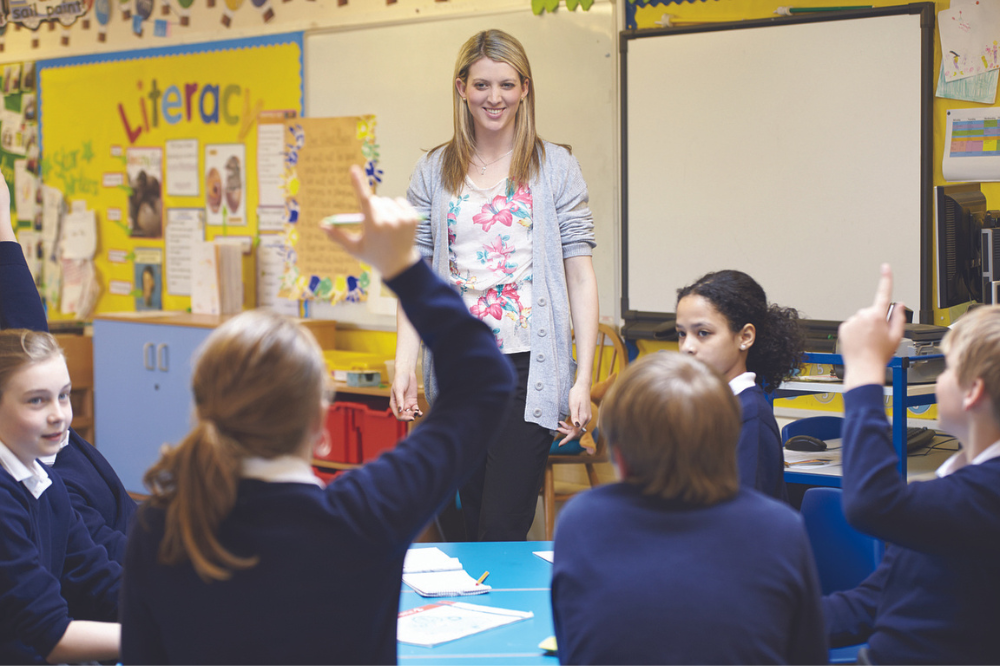
More than the recently proposed reforms to teacher training will be needed to guarantee improved outcomes, according to new Centre for Independent Studies (CIS) research.
In Starting Off On The Wrong Foot, the authors – CIS program director Glenn Fahey and data scientist Rob Joseph – argue the sector will need a sustained shakeup as to who provides teacher training, how they provide it, how we regulate it, and how performance is incentivised.
“It’s clear we have a quality problem in teacher training, and that starts with our teacher trainers,” according to Mr Fahey. “For too long, quality of training has been left to chance, leaving many new teachers short-changed.”
Fahey points to a combination of poor content, poor incentives, poor governance, and poor teacher supply policy as contributing to a crisis in teacher preparation.
The CIS analysis supports the findings of the recently concluded independent review by the Teacher Education Expert Panel, but warns Australia is already lagging a decade behind similar countries in improving the sector.
“There really is no time to lose in raising the bar, since our reformers are a decade behind similar education systems,” Fahey said.
He calls on education ministers to be ambitious in advancing the reform agenda, or recent momentum could stall or be reversed.
“Recent reform proposals must be the starting point, not the ending point, in the long mark to improve teacher training.”
Among the paper’s recommendations are to allow more training providers into the market, enforce high standards in the evidence base of what’s taught to teachers, and tilt public funding to training providers who perform best.
“There’s little reason that universities have a monopoly on teacher training, given so many have lost their social licence to operate in this sector. Australia could follow the lead of other systems that have a much more competitive and diverse market,” Fahey said.
He argues that performance of training providers must be measured more boldly, so that it focusses on the outcomes of teacher training — how prepared new teachers are in the classroom — rather than focussed on the inputs – simply on the number and type of teachers admitted into programs.
This story originally appeared as a media release from the Centre for Independent Studies (CIS).


